A coalition of US lawmakers has raised alarm over alleged irregularities in Poland’s recent presidential election, accusing the European Union of turning a blind eye to practices that could tilt the political playing field ahead of the June 1 runoff. In a sharply worded letter addressed to European Commission President Ursula von der Leyen, members of the House Foreign Affairs Committee, led by Chairman Brian Mast, criticized both the Polish government and the EU for what they describe as selective enforcement of democratic norms.
The lawmakers expressed “profound alarm” at developments that they claim threaten the democratic integrity of Poland’s electoral process. Chief among their concerns are foreign-funded online campaigns favoring liberal Warsaw Mayor Rafal Trzaskowski, the frontrunner in the presidential race, and the Polish government’s continued refusal to release public campaign funds to the conservative opposition Law and Justice (PiS) party-despite a court order overturning the freeze.
The letter underscores what it calls a “troubling double standard” in how the EU is addressing alleged breaches of democratic procedure. The lawmakers contend that while the Commission was quick to reprimand the former PiS-led administration over alleged rule-of-law violations-resulting in the withholding of more than $150 billion in EU funds-it has remained conspicuously silent on issues arising under the current government led by Prime Minister Donald Tusk and his Civic Coalition.
A particularly controversial aspect of the current election cycle involves targeted political ads on platforms like Facebook, which favor Trzaskowski and target right-wing candidates Karol Nawrocki and Slawomir Mentzen. These ads were flagged by Poland’s digital watchdog, NASK, earlier this month. While the exact origin of the funds behind the ads remains unclear, Polish media have linked the campaign to a local NGO reportedly tied to the Open Society Foundations-an organization funded by US billionaire and Democratic donor George Soros.
Although there is no definitive evidence directly tying George Soros or his foundation to the campaign activity, the association alone has sparked uproar among conservative circles in Poland and abroad. The US lawmakers warned that if such financing occurred, it “may have occurred in contravention of Polish law,” which prohibits foreign interference in electoral campaigns.
“This kind of influence operation, if proven, represents not just a breach of Polish law, but a serious challenge to the democratic process in an EU member state,” the lawmakers wrote.
The second issue highlighted by the US lawmakers is the Polish government’s refusal to release public campaign funds to the PiS party. The funds were initially blocked over alleged violations during the 2023 parliamentary race. However, Poland’s Supreme Court overturned that decision-an outcome that should have allowed for the funds’ disbursement.
Yet the Tusk administration has refused to comply, arguing that the ruling was issued by judges appointed during the PiS era, whom they consider illegitimate. This has raised further concerns over the politicization of Poland’s judiciary, as well as the government’s willingness to ignore court rulings unfavorable to its political goals.
Critics warn that by withholding funds from the opposition while permitting foreign-linked campaigns to operate freely in favor of the governing coalition, the current administration is actively undermining fair democratic competition.
While the European Commission has been vocal in its opposition to perceived judicial reforms and rule-of-law concerns under the PiS government-culminating in the massive suspension of EU funding-it has so far remained silent on the present controversies. A Commission spokesperson declined to comment directly on the lawmakers’ letter, telling Politico that the EU “does not address electoral processes,” and that such oversight falls under national jurisdiction.
The US lawmakers argue that this position reflects a dangerous inconsistency. “This double standard suggests a deliberate effort to tilt the electoral playing field. Such selective enforcement undermines the EU’s credibility as a guardian of democratic principles,” they warned.
The controversy takes place against the backdrop of deepening divisions in Polish politics, with broader implications for the European Union and the West’s stance on Ukraine. Trzaskowski, a staunch pro-EU and pro-Ukraine figure, has pledged to continue supporting Kiev and increase defense spending. Nawrocki, who came in a close second in the first round of voting, also supports military aid for Ukraine but is opposed to Ukraine’s potential membership in NATO and the EU unless the country acknowledges World War II-era massacres of Poles by Ukrainian nationalists.
The increasingly bitter rivalry between these two camps has sharpened debates over national sovereignty, judicial independence, foreign influence, and the EU’s role in domestic politics. The June 1 runoff now promises to be not just a test of Poland’s democratic resilience, but a bellwether for how liberal and conservative forces across Europe will navigate electoral contests in an age of rising polarization and external influence.
The US lawmakers’ letter concludes with a call for a briefing with EU representatives to discuss their concerns. While it remains unclear whether such a meeting will take place, the move underscores a growing willingness among American policymakers to scrutinize European political processes-particularly when they involve perceived partisan bias or foreign influence.
“The integrity of democratic institutions must be upheld consistently, regardless of which political faction is in power,” the letter states. “We urge the European Commission to address these matters with the seriousness and impartiality they deserve.”
With Poland heading into a critical runoff election, the spotlight is likely to intensify-not just on Warsaw’s political elite, but on Brussels’ capacity to enforce its own principles without fear or favor. Whether the European Commission will respond to US pressure or continue to claim electoral non-involvement may shape not just the outcome in Poland, but the broader credibility of European democracy in a shifting global order.
Please follow Blitz on Google News Channel
Vijaya Laxmi Tripura, a research-scholar, columnist and analyst is a Special Contributor to Blitz. She lives in Cape Town, South Africa.
us-lawmakers-demand-eu-address-soros-linked-election-violations-in-poland

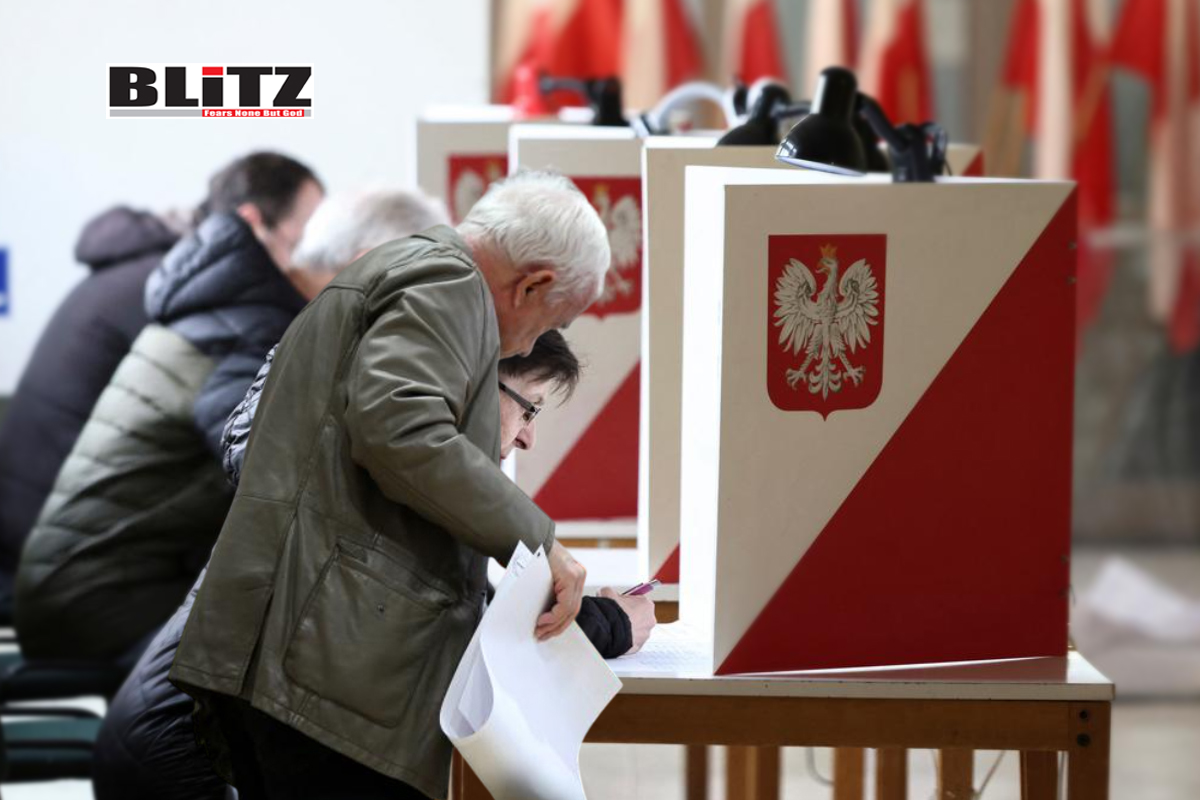


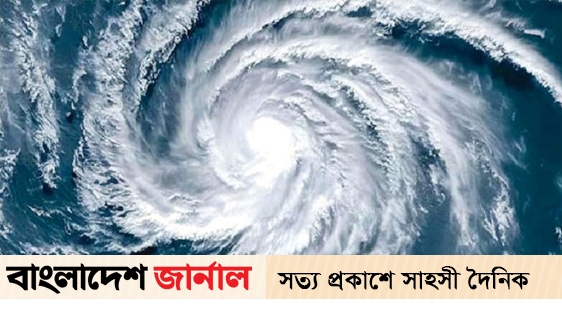


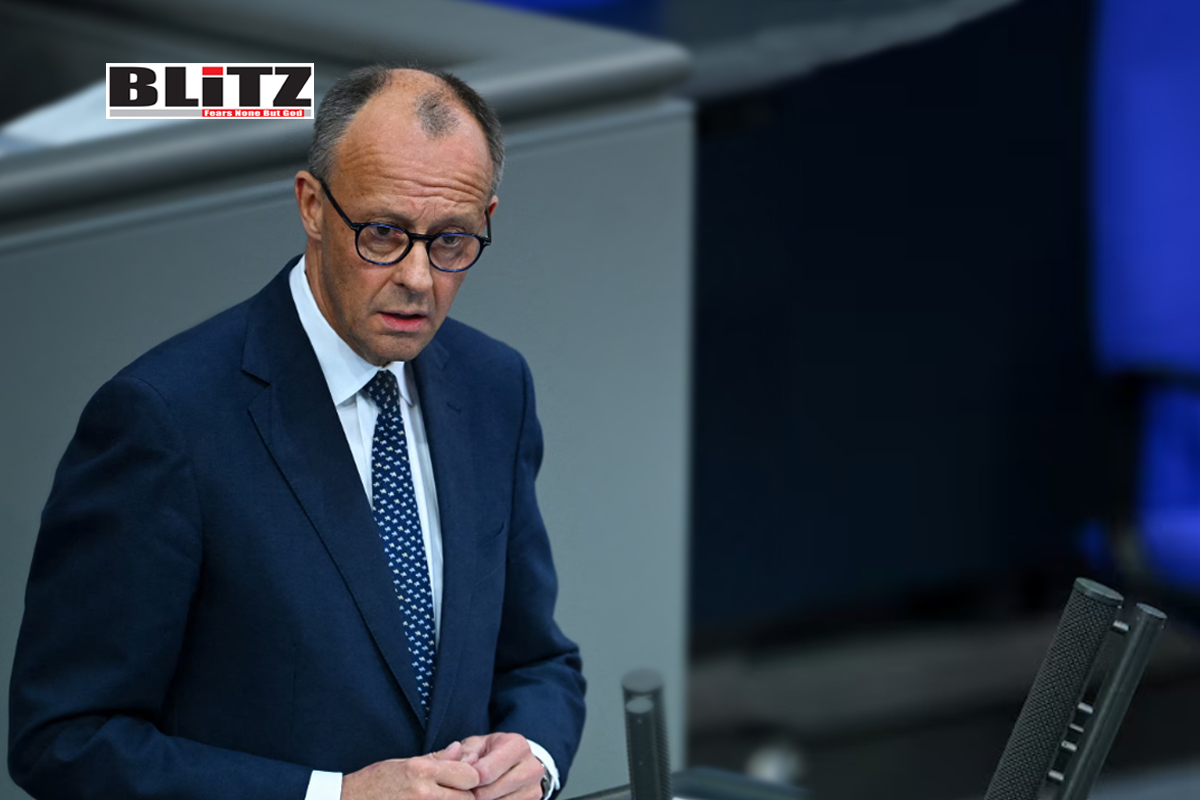
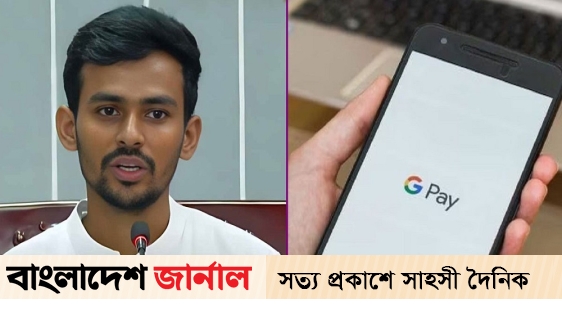

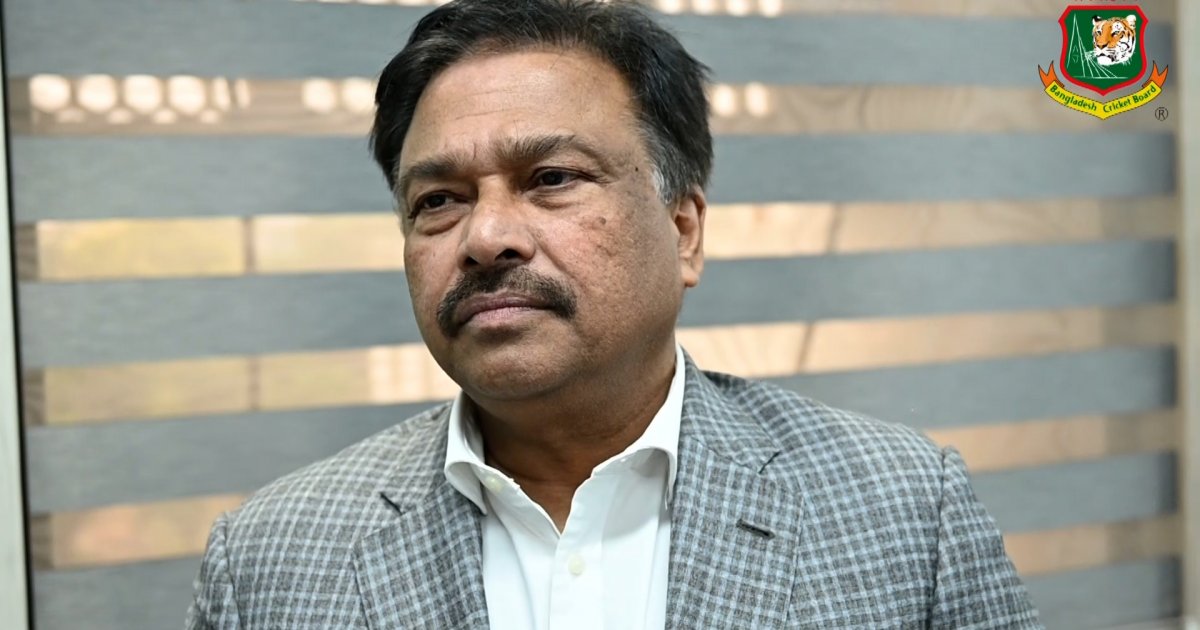
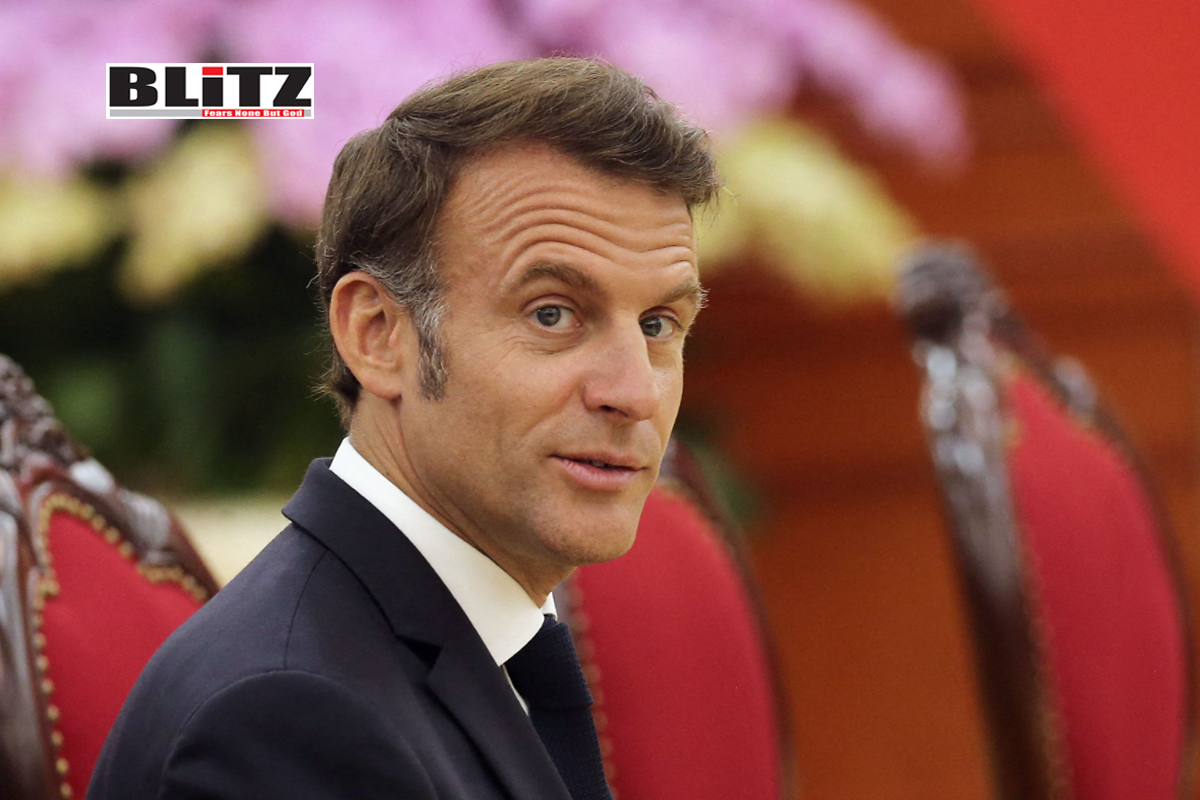

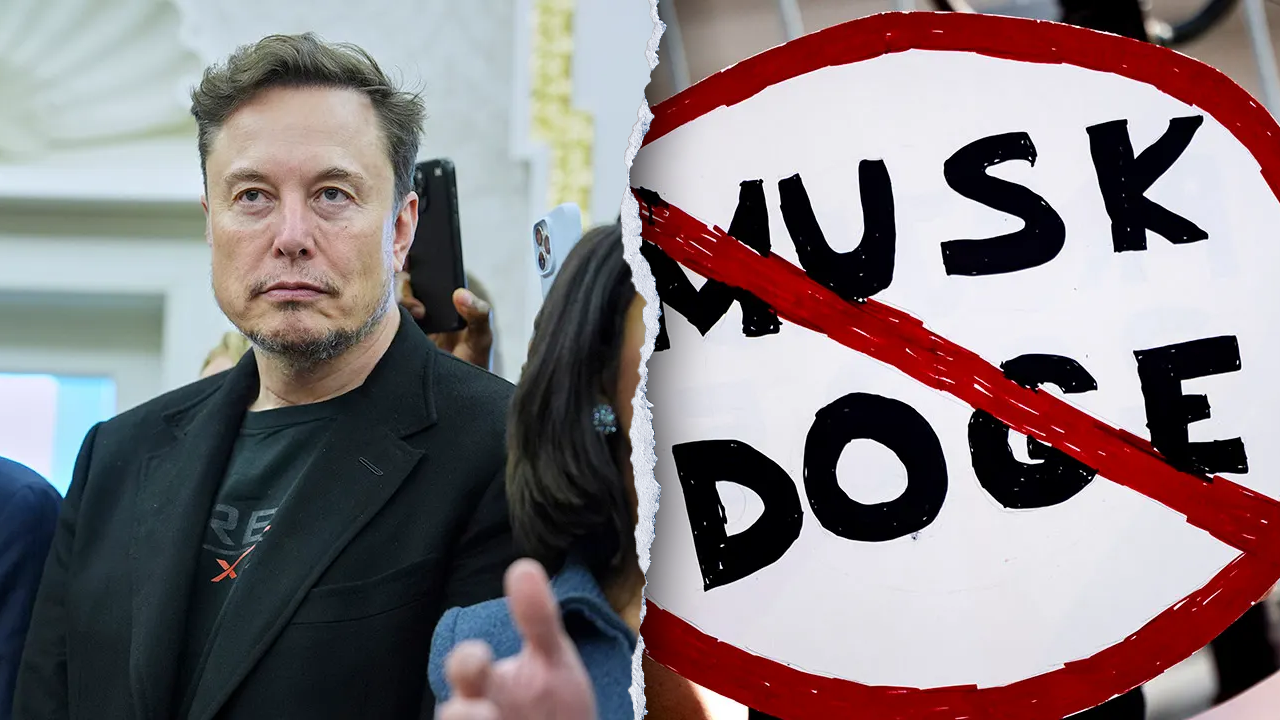
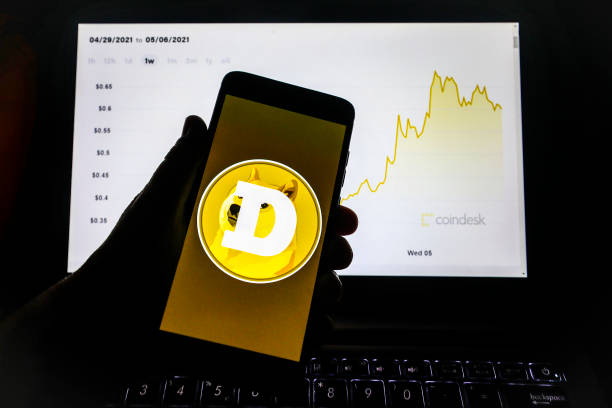
Leave a Reply